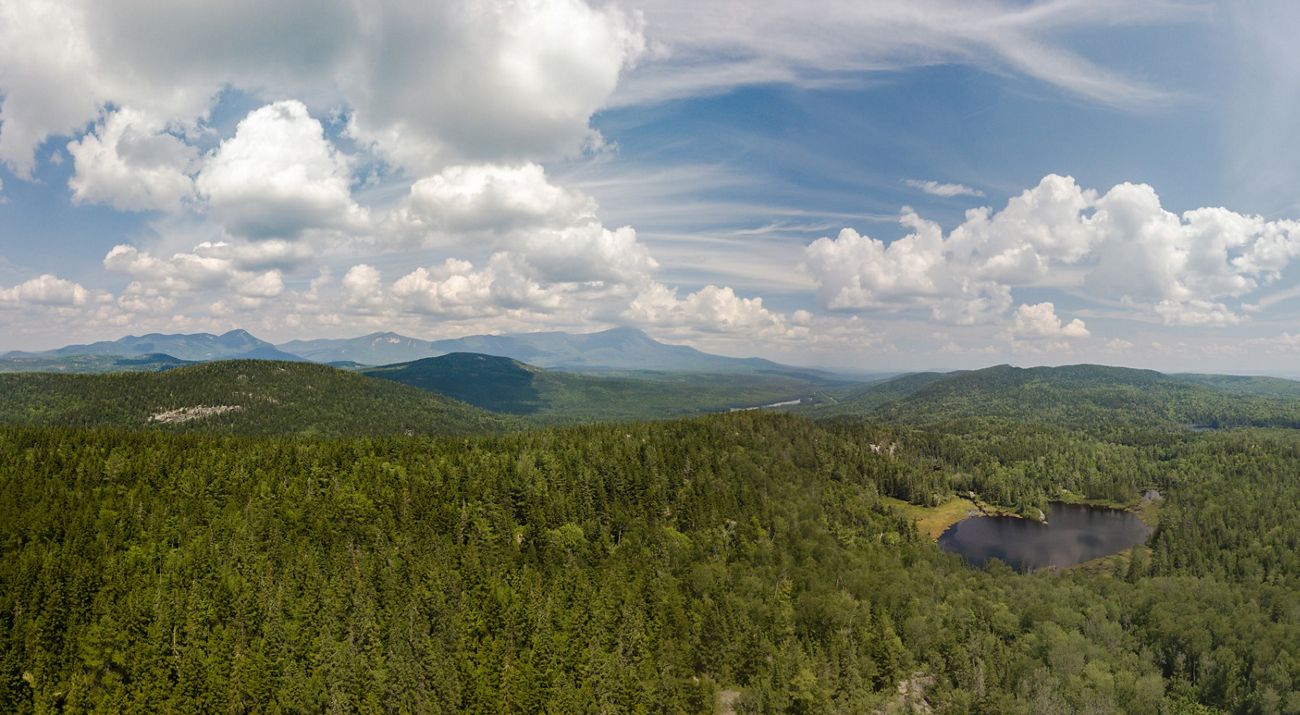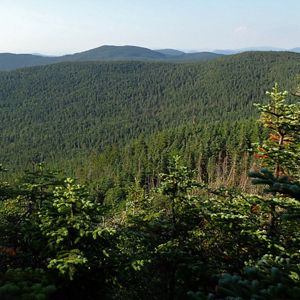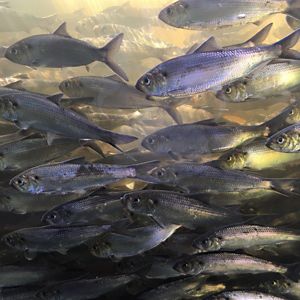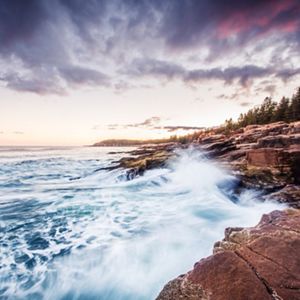Together, we raised over $200 million for climate action!
Thanks to supporters like you, we are working from our forests to our rivers to the Gulf of Maine to develop sustainable, nature-based solutions to our toughest environmental challenges.
Thank you for your support and for your trust in us. Together, we can ensure a bright future for the places and people we love.
Join the Effort—Join Maine
A shared vision can bring a brighter future if we act now, together.

Our Case for Support
Whether fostering the connections between scientific learning and action, diverse interests, local and global efforts or natural and human forces—it’s time to take climate action and Join Maine.
The Climate Is Changing and So Must We
Our ability to face climate change is dependent on our ability to join together. Together, we can restore the connections between land, river and sea that sustain the resilient ecosystems we need to protect life on a warming planet.

Thank You to Our Campaign Leaders!
Campaign Committee
-
Roxanne Leighton
Chair
-
Suzanne McGinn
Chair
-
Kristin Sant
Chair
-
Juliet Browne
-
Felipe Edwards
-
Tom Gorman
-
Tony Grassi
-
Mary Beth Jester
-
Dr. Heather Leslie
-
Ellen Oppenheim
-
Ellen Remmer
Campaign Advisors
-
Joyce Coleman
-
Mark Collins
-
John Rosenblum
-
Barbara Trafton
-
Ben Willauer
Trustees
-
Tom Gorman
Chair
-
Tony Grassi
Vice Chair
-
Dr. Heather Leslie
Vice Chair
-
Mitch Lench
Treasurer
-
Chuck Akre Jr.
-
Marcie Berkley
-
Juliet Browne
-
Felipe Edwards
-
Alexander Ingraham
-
Pat Jackson
-
Mary Beth Jester
-
Angus King III
-
Dr. Nancy Knowlton
-
Roxanne Leighton
-
Suzanne Mcginn
-
Ellen Oppenheim
-
Ellen Remmer
-
Kristin Sant
-
Dr. Stephen Shaler
-
Anna Marie Thron
Partners
We are grateful to the many longtime supporters and partners throughout Maine who have lent their voices and perspectives to our campaign, including:
Richard Bates (Chair, St. George Select Board)
Aram Calhoun and Mac Hunter (Wetland Ecologist and Wildlife Ecologist, University of Maine)
Randy Cushman (Fisherman, Port Clyde)
Anne Fuchs (Director of Mitigation, Planning, and Recovery, Maine Emergency Management Agency)
Brian Hubbell (Former Representative, Maine State Legislature)
Amara Ifeji (Director of Youth Engagement and Policy, Maine Environmental Education Association)
We are grateful to First Light and our Wabanaki partners for insights into how to improve our conservation practices and better incorporate diverse views and ways of knowing into our work.













